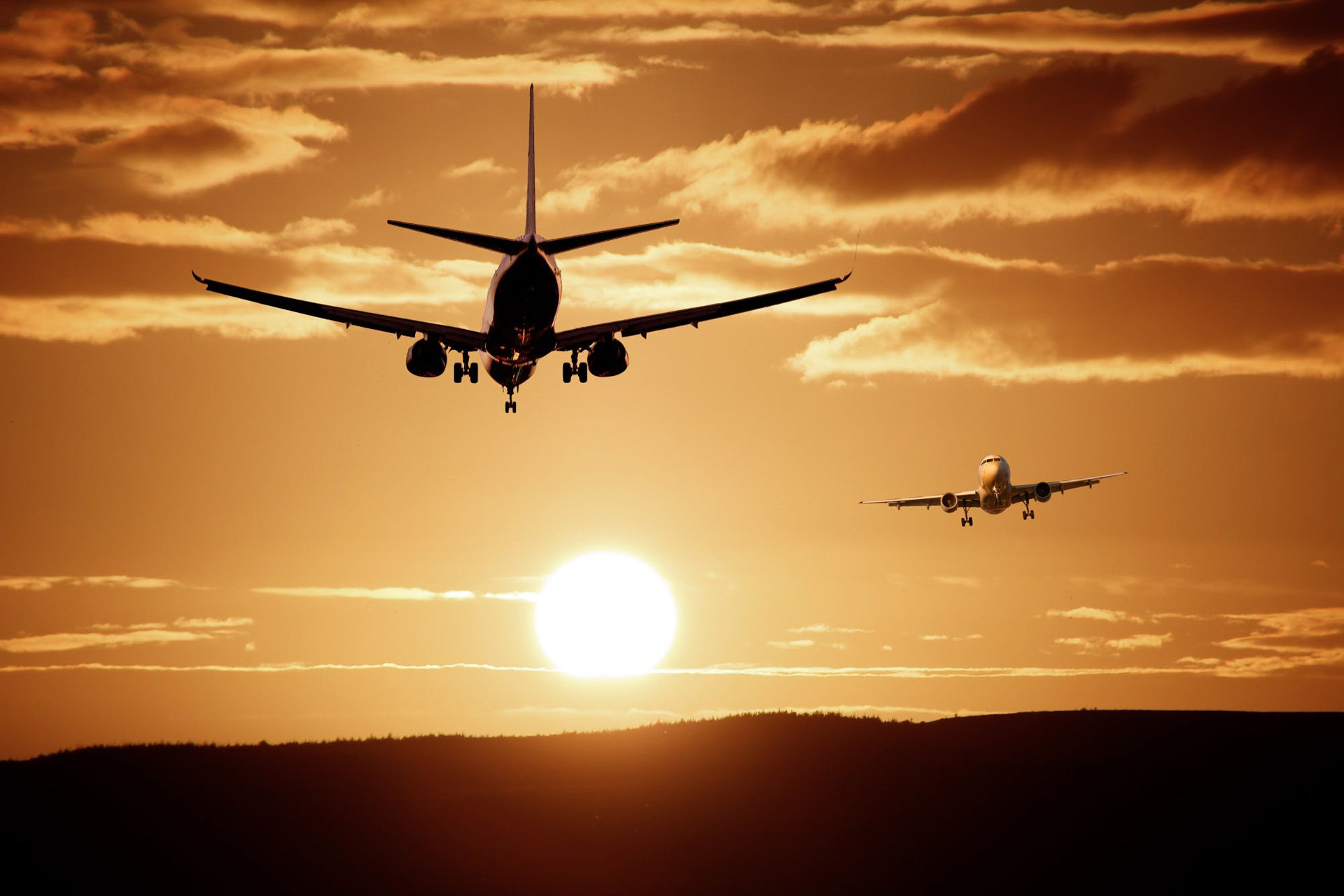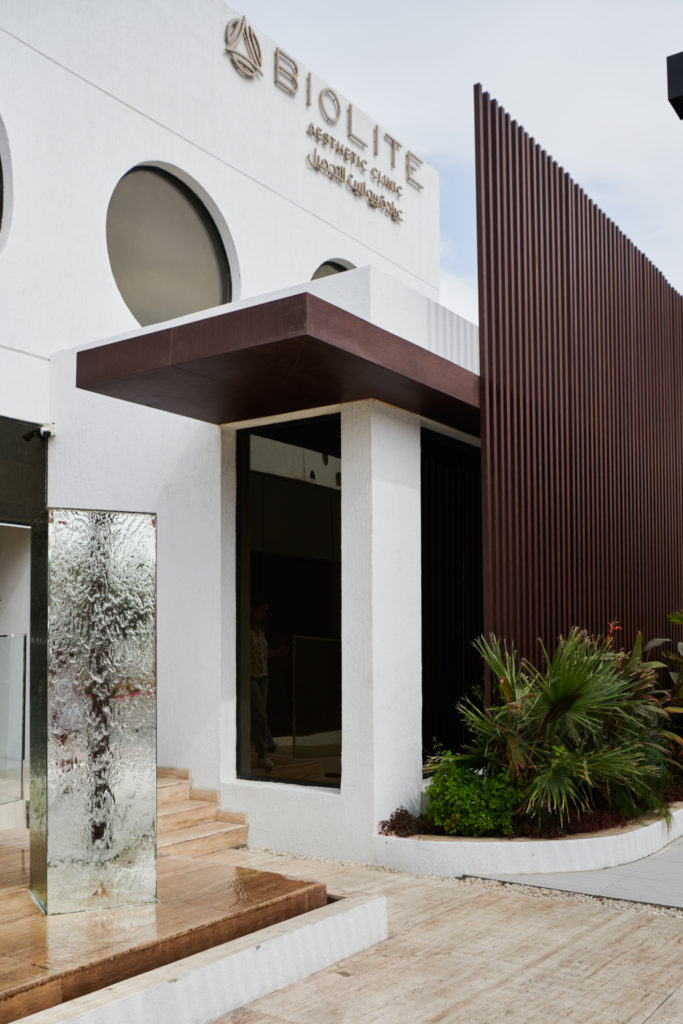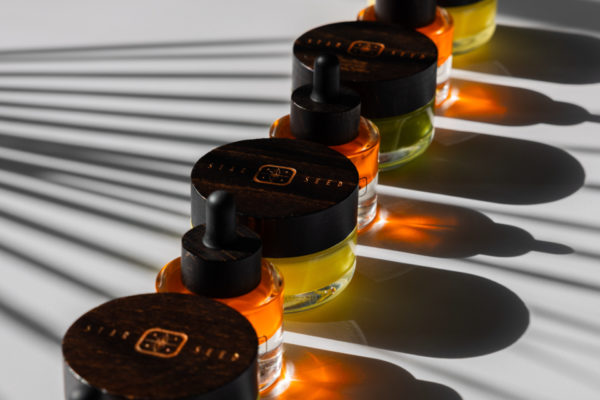Why Is Virgin Atlantic’s Sustainable Aviation Fuel Flight Significant?
By
1 year ago
One small step to jet zero – but is it enough?

Virgin Atlantic is flying a jet powered by 100 percent sustainable aviation fuel across the Atlantic Ocean today in a world first. In fact, the commercial aeroplane just took off from Heathrow Airport (at 11.30 AM on 28 November 2023), and is heading straight to NYC’s JFK. Here’s exactly what all the fuss is about.
Virgin Atlantic’s Sustainable Aviation Fuel Flight
View this post on Instagram
What Is Sustainable Aviation Fuel (SAF)?
Sustainable aviation fuel (also known as SAF) is an eco-friendly alternative to the highly polluting jet fuel that usually powers our planes. Rather than petroleum, it is typically made up of cooking oil, animal waste fat, forestry waste and algae. On this flight in particular, 50 tonnes of SAF is fueling the plane, made up of 88 percent waste fats and 12 percent waste from corn production in the US, the BBC reports.
Regulators recommend a flight uses up to 50 percent SAF in its engines on a flight – but just 0.1 percent of the fuel used in planes globally is SAF, according to Sky News.
Virgin Atlantic states the fuel in their flight’s engines provides ‘CO2 lifecycle emissions savings of up to 70 per cent, whilst performing like the traditional jet fuel it replaces.’ This means the fuel still pollutes the atmosphere when it is burned, but its generation is more sustainable than that of traditional jet fuel. In short, SAF is sustainable in a very similar way to wood being carbon neutral: its carbon impact upon burning is neutralised by the carbon it sucked from the atmosphere during its lifecycle.
Why Is Virgin Atlantic’s Flight Significant?
Virgin Atlantic’s SAF-powered flight today is a noteworthy stride towards the UK’s ‘jet zero’ goals, which sets out how the UK will achieve a net zero aviation industry by 2050. The flight is the world’s first to cross the Atlantic Ocean using entirely SAF in its engines, though many shorter haul test flights have taken place in the past.
Who Is On Board?
While the plane flying across the Atlantic this morning is a commercial Boeing 737 flight, there are no paying passengers on board. Along with the pilots, Sir Richard Branson sits with our British transport secretary Mark Harper – and we’re sure some more friends have been brought along for the ride.
View this post on Instagram
Why Don’t We Use More Sustainable Aviation Fuel?
While SAF has the useful benefit of not requiring specialised engines for its use – that is to say SAF can be pumped into existing planes – it is unfortunately rarely utilised when compared to traditional jet fuel. This is because it is incredibly expensive to produce. If it is used more in the future, will these increased costs be pushed onto the consumer?
That said, it’s much more accessible than alternative sustainable flight fuels, like hydrogen fuels and battery powered engines, which are decades away from being fit for purpose. This is why today’s flight is garnering so much attention: SAF is the best option we have right now. But it’s definitely not a silver bullet.
Meanwhile, even though the Prime Minister has posted an Instagram reel about it, the government isn’t totally on board with Virgin Atlantic’s SAF-powered flight, and instead believes the use of very expensive SAF should be reserved for cars and lorries. Likewise, environmentalists have criticised the flight and its operators for overstating the environmental benefits of SAF. But, Virgin Atlantic insists, you’ve got to start somewhere.







